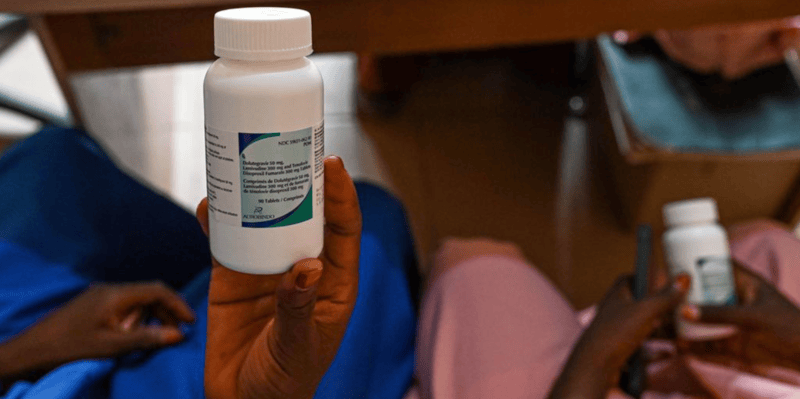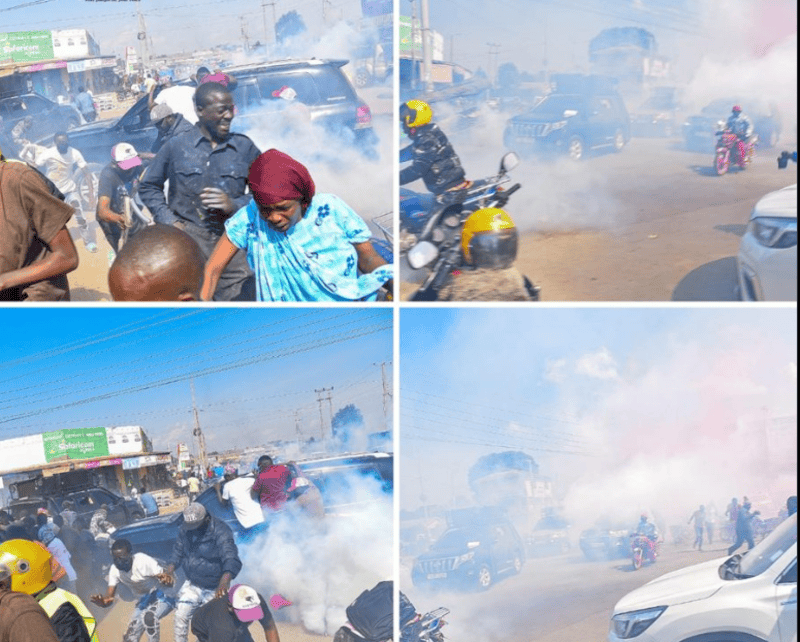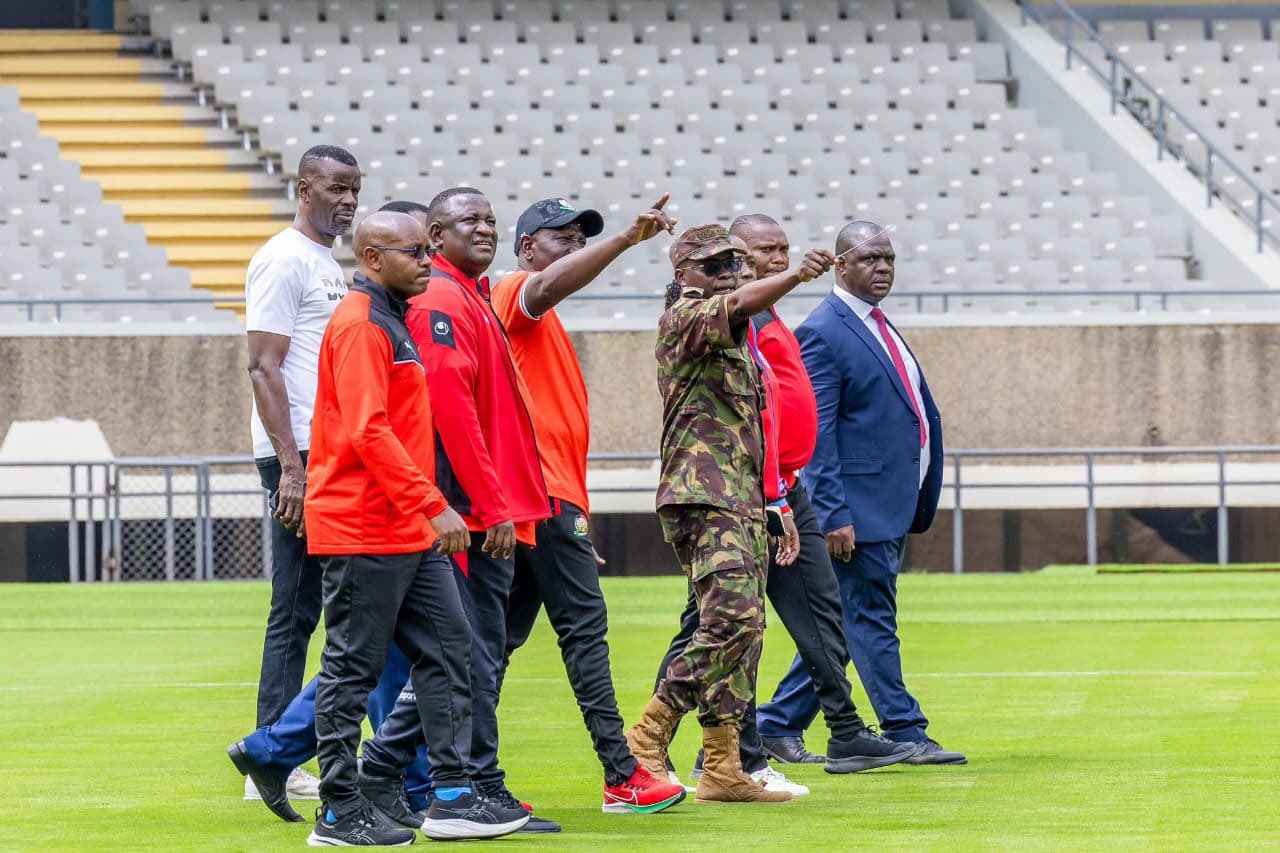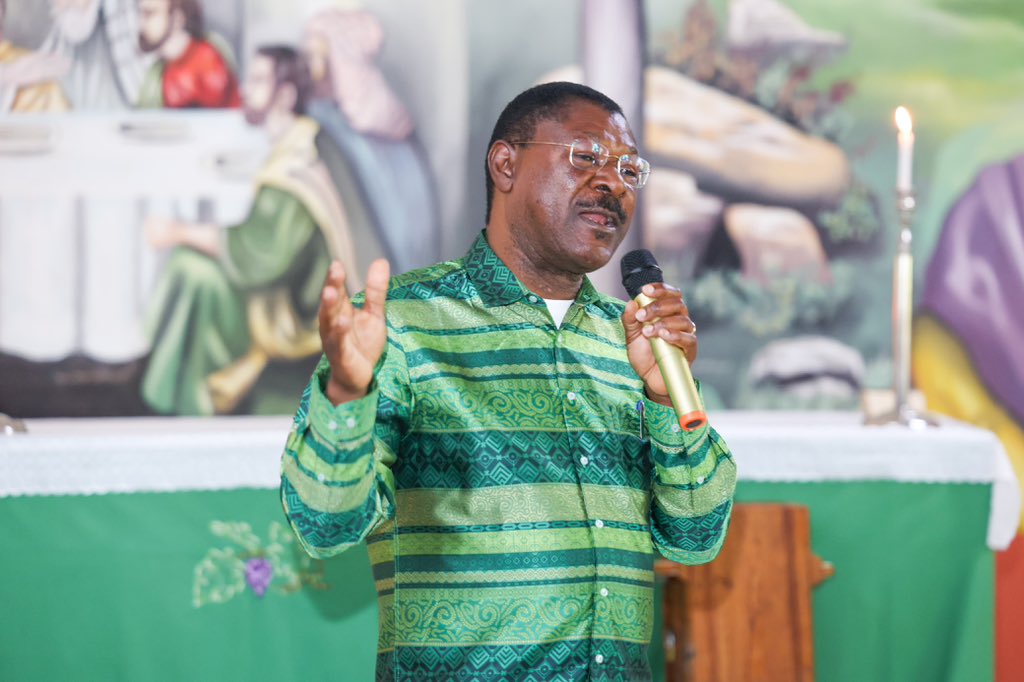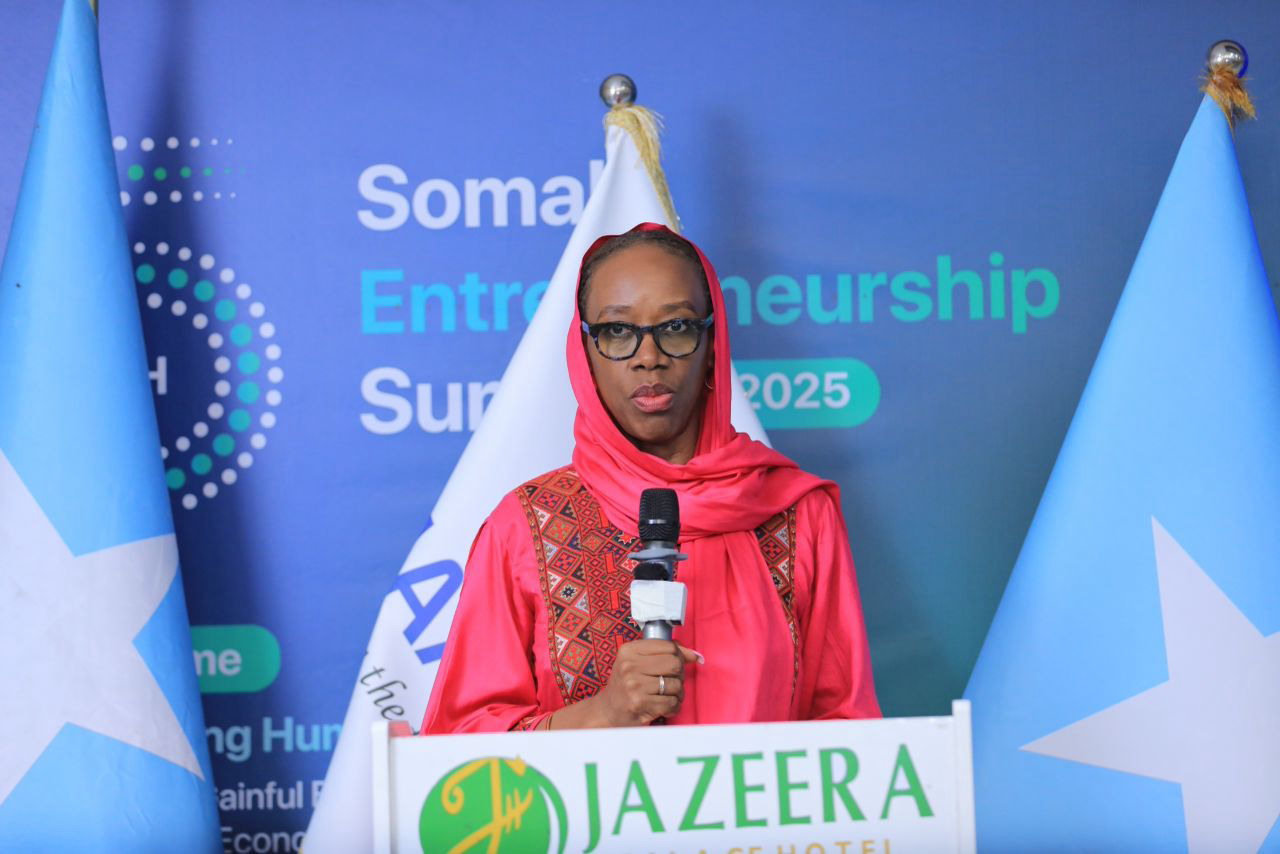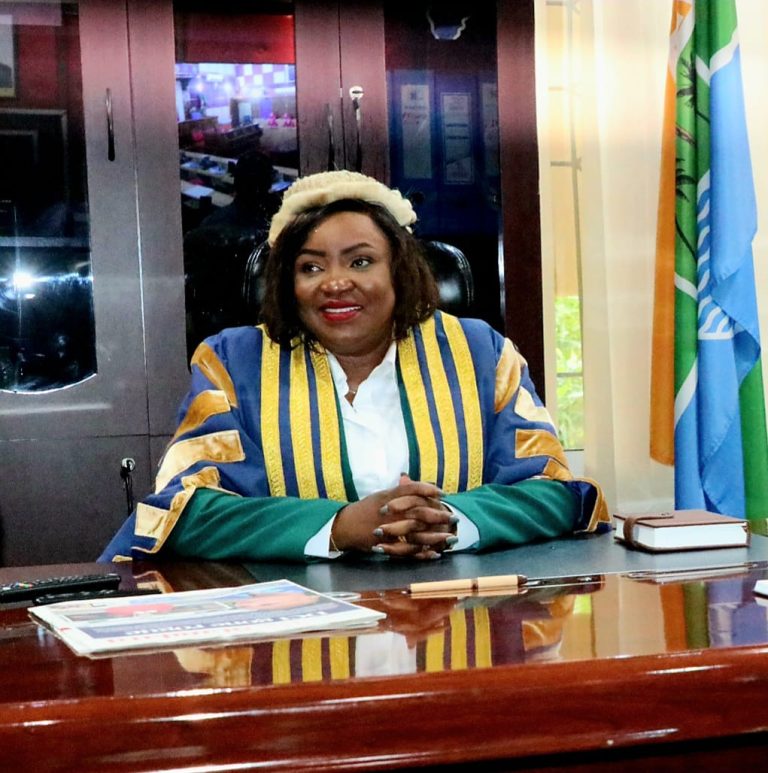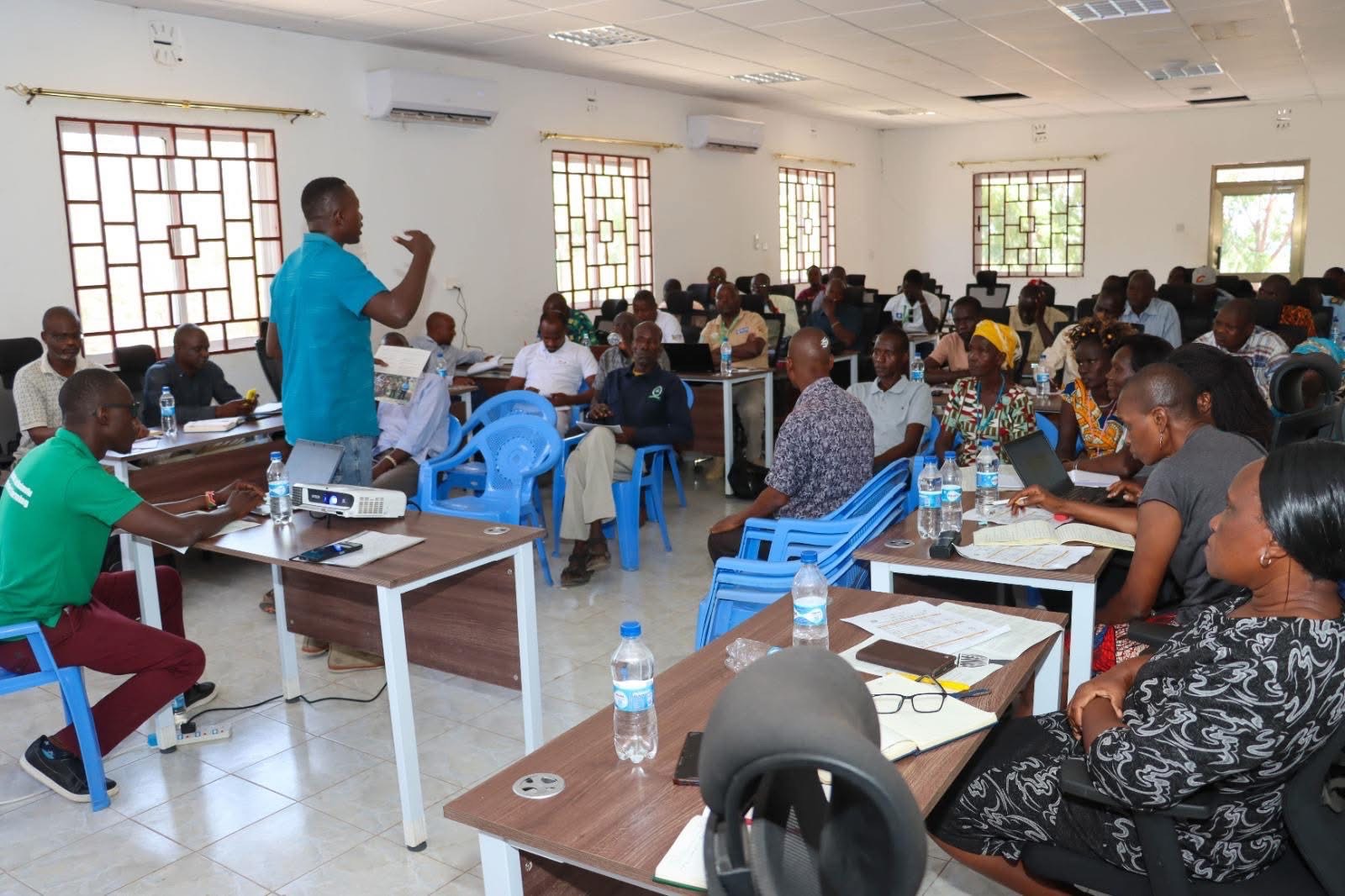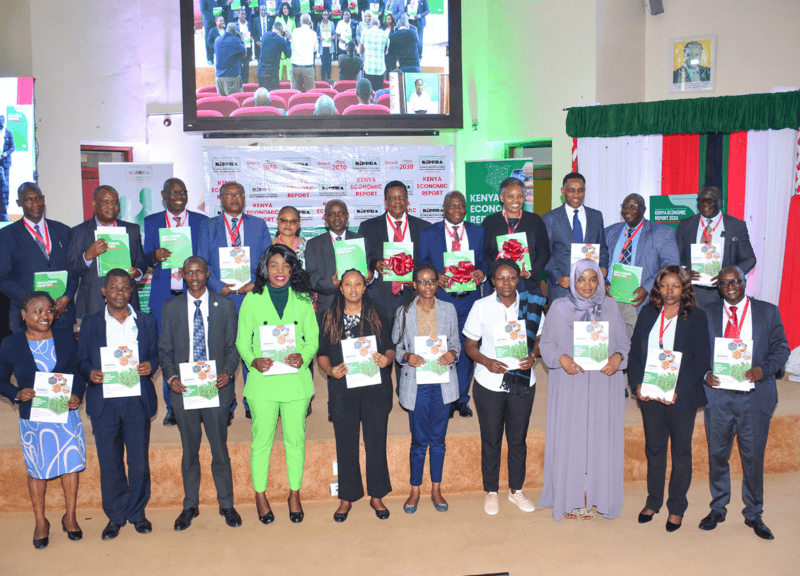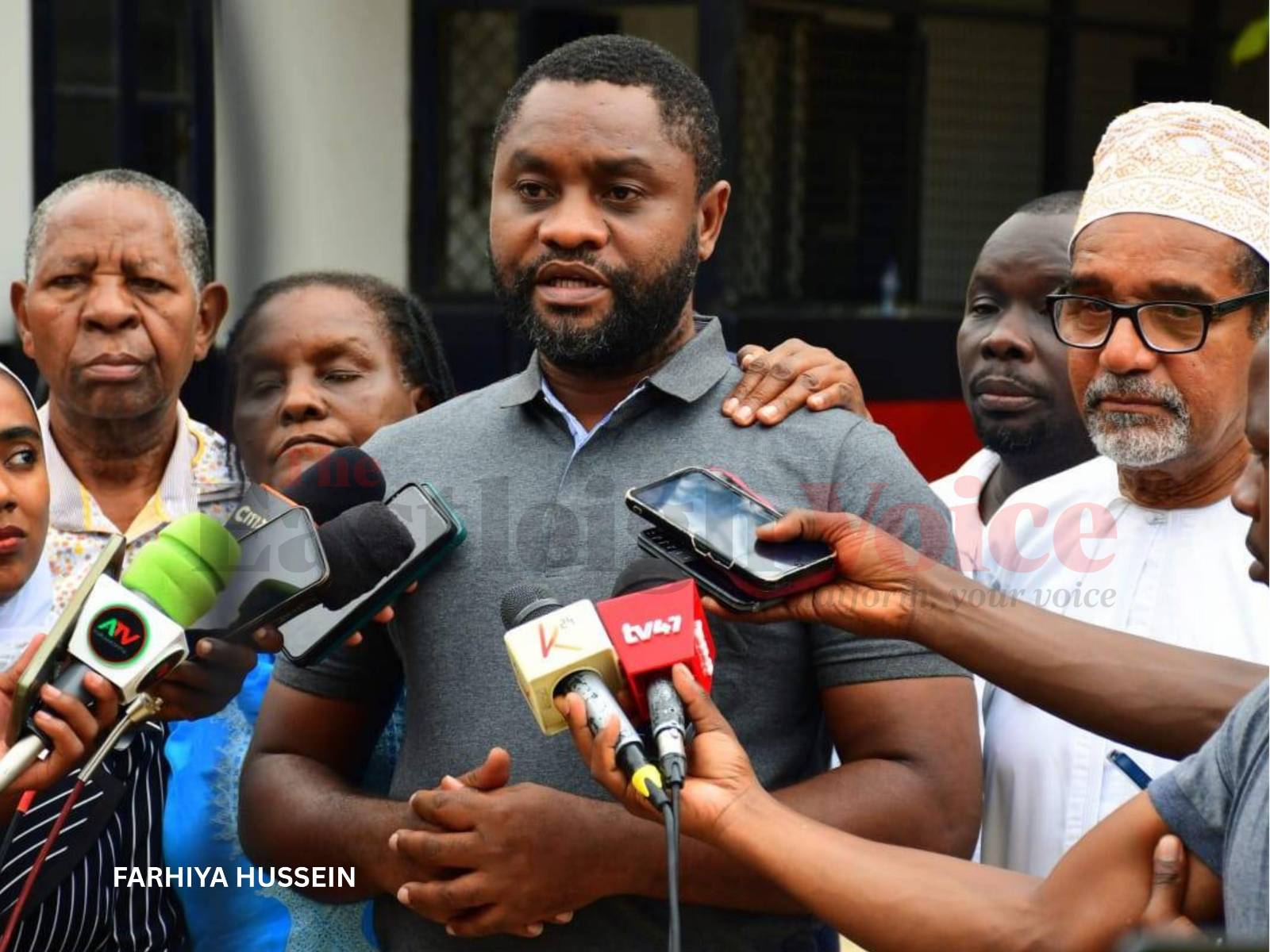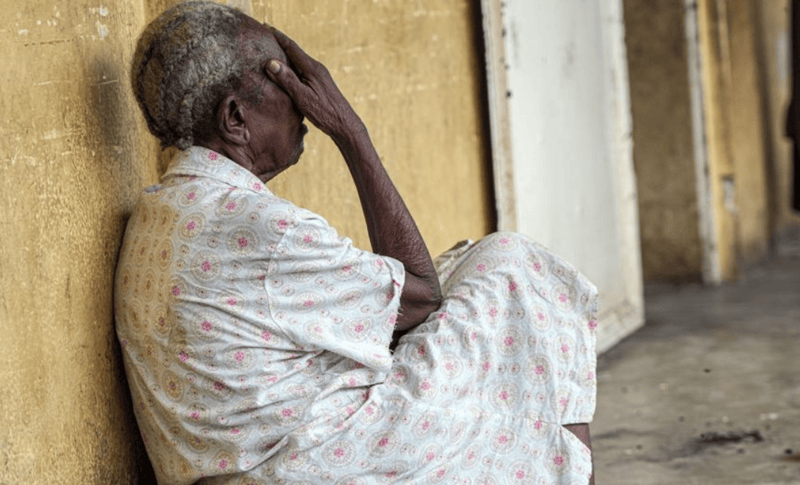Civil society raises alarm over 49 police killings since January
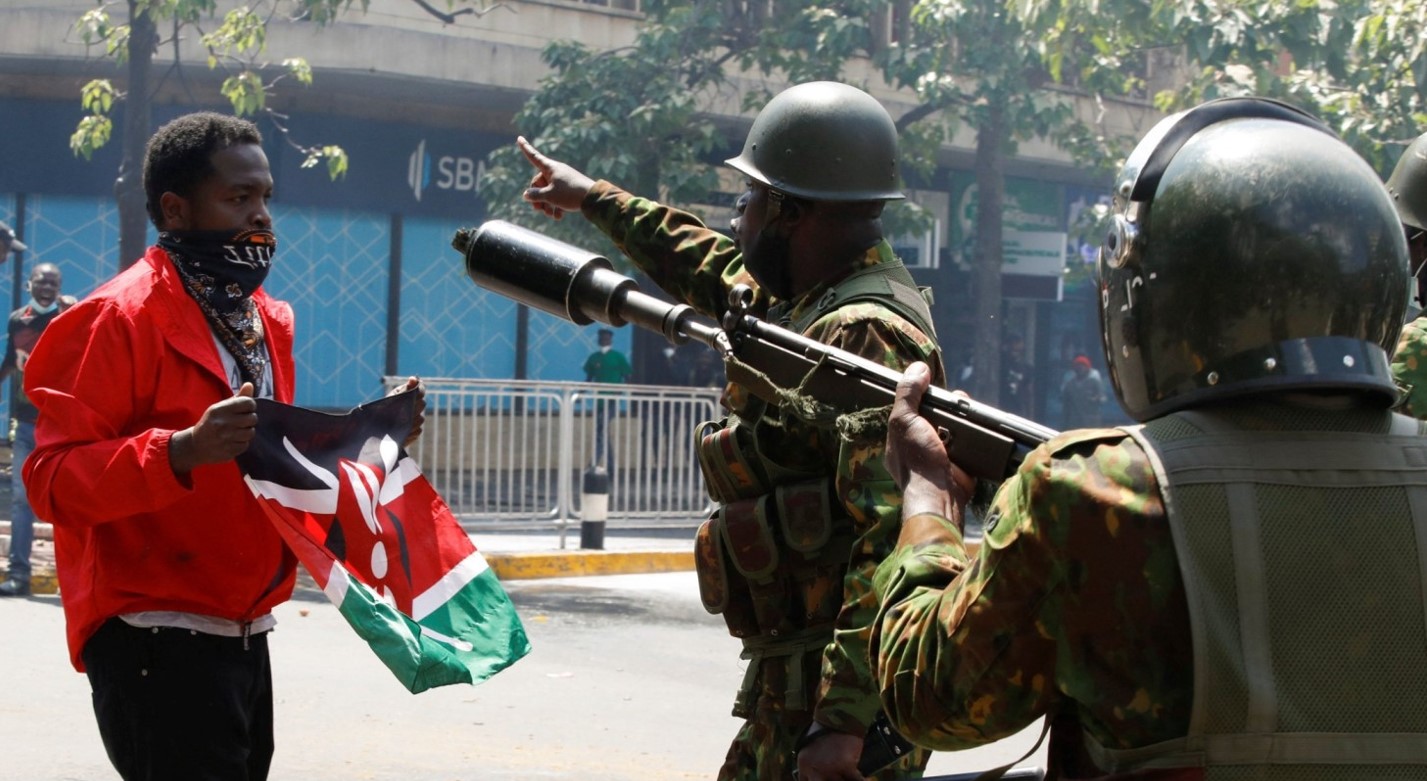
In a joint statement, the group said the numbers reflected a pattern of violence by security officers targeting unarmed civilians, with 22 deaths reported in Nakuru and 11 in Nairobi.
Forty-nine people have died at the hands of police since January, civil society organisations have said, warning of a disturbing rise in police brutality across the country.
The Police Reform Working Group, which brings together 27 human rights organisations, said most of the deaths were recorded in Nakuru and Nairobi.
More To Read
- LSK slams police for selectively disrupting opposition events, cites breach of rights
- Police arms register tampered with? Discrepancies emerge in Rex Masai murder case
- "All police cameras were offline": Ex-DCI officer reveals major obstacle in Rex Masai shooting probe
- Anglican Church calls for compensation for protest victims
- DPP recommends murder charge against police officer Klinzy Barasa who shot mask vendor Boniface Kariuki
- Boniface Kariuki’s final call: A mother’s warning, a son’s promise, a nation’s shame
In a joint statement, the group said the numbers reflected a pattern of violence by security officers targeting unarmed civilians, with 22 deaths reported in Nakuru and 11 in Nairobi.
Other counties affected include Murang’a (3), Narok and Kakamega (2 each), and Meru, Kitui, Kajiado, Nandi, Siaya, Trans Nzoia, Baringo, Embu and Mombasa, which each recorded one case.
Civil society groups are also calling for the immediate stepping aside of Deputy Inspector General of Police Eliud Lagat over the death of teacher and social media user Albert Ojwang in police custody at Central Police Station in Nairobi.
"Albert’s death in the hands of police is not an isolated incident. As of this month, 49 police brutality cases have been documented across 13 counties," they said.
The demand for accountability was led by Kenya Human Rights Commission director Davis Malombe, Independent Medico-Legal Unit executive director Grace Wangeci, Constitution and Reform Education Consortium’s Kawive Wambua, and Transparency International’s Sheila Masinde.
The groups dismissed official claims that Ojwang’s death resulted from self-inflicted injuries, terming it part of a cover-up.
They also pointed to a report released last month by Missing Voices, a coalition against extrajudicial killings and enforced disappearances, which showed 104 cases of extrajudicial killings in 2024. This was a slight drop from 118 in 2023.
The organisations said the National Police Service Commission must acknowledge the ongoing pattern of arbitrary arrests, enforced disappearances and deaths in police custody.
"We call upon IPOA and KNCHR to lead the investigations and ensure they extend beyond interdictions and suspensions, and that those found culpable are arrested and tried before a court of law. Without independent and external investigation, these practices continue to pose a threat to Kenyan lives, the rule of law, national security, and the public interest," the statement said.
They rejected the assurance by Inspector General of Police Douglas Kanja and Interior Cabinet Secretary Kipchumba Murkomen that investigations into Ojwang’s case would be thorough.
Murkomen told the Senate that “we will do everything within the ministry to ensure there is no interference, no shielding of any individual and no cover-up.”
But the lobbies said, “We refute this assurance as disingenuous given that Deputy Inspector General of Police Eliud Lagat, who is directly linked to Albert Ojwang’s arrest, remain in office.”
“If the ministry was truly committed to non-interference, the first step would be to secure his stepping aside to pave the way for a credible and impartial investigation,” they added.
The lobbies further urged the Independent Policing Oversight Authority to summon Lagat, the OCS of Central Police Station and all officers involved in Ojwang’s arrest, booking and detention.
Top Stories Today


